Best Companion Plants For Spinach
Introduction
Spinach is a leafy green vegetable that is packed with nutrients, including vitamins A, C, and K. It is also a relatively easy vegetable to grow, making it a popular choice for home gardeners.
When planting spinach, it is important to consider companion plants. Companion plants are those that are planted together because they benefit each other in some way. For example, some companion plants can help to deter pests, while others can improve the soil quality.
There are many different companion plants that can be grown with spinach. Some of the best include:
- Peas: Peas are nitrogen-fixing plants, which means they add nitrogen to the soil. This can help to improve the growth of spinach and other plants in the garden. Peas also provide shade for spinach, which can help to prevent it from bolting (flowering too early).
- Brassicas: Brassicas, such as broccoli, cabbage, and cauliflower, are also good companion plants for spinach. They have different root systems than spinach, so they do not compete for water and nutrients. Brassicas also attract beneficial insects, such as ladybugs, which help to control pests.
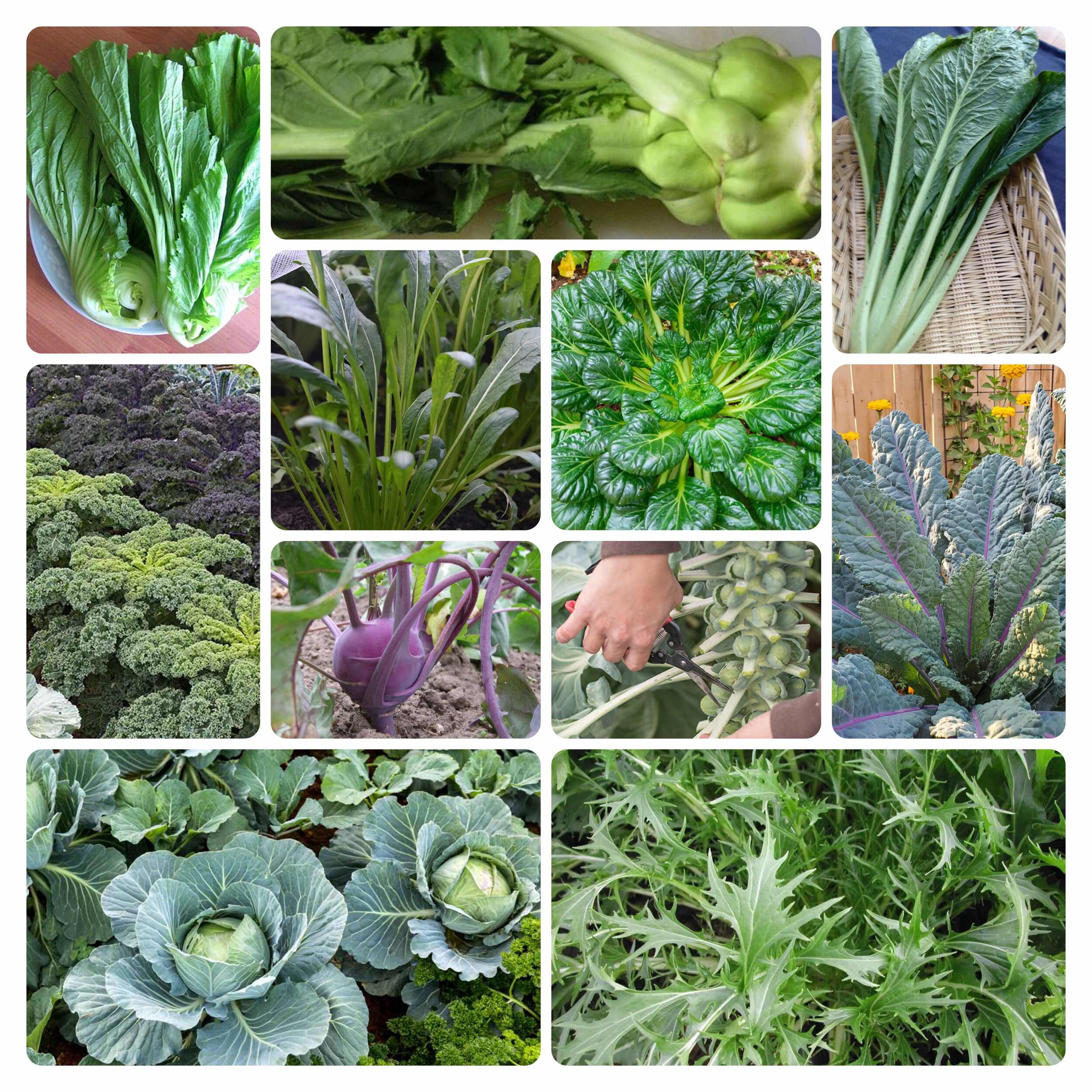
- Strawberries: Strawberries can help to suppress weeds and improve the drainage of the soil. They also attract pollinators, which can help to improve the yield of spinach.

- Lettuce: Lettuce is a cool-season crop that grows well in the same conditions as spinach. It also has a shallow root system, so it does not compete for water and nutrients. Lettuce can help to shade spinach, which can help to prevent it from bolting.
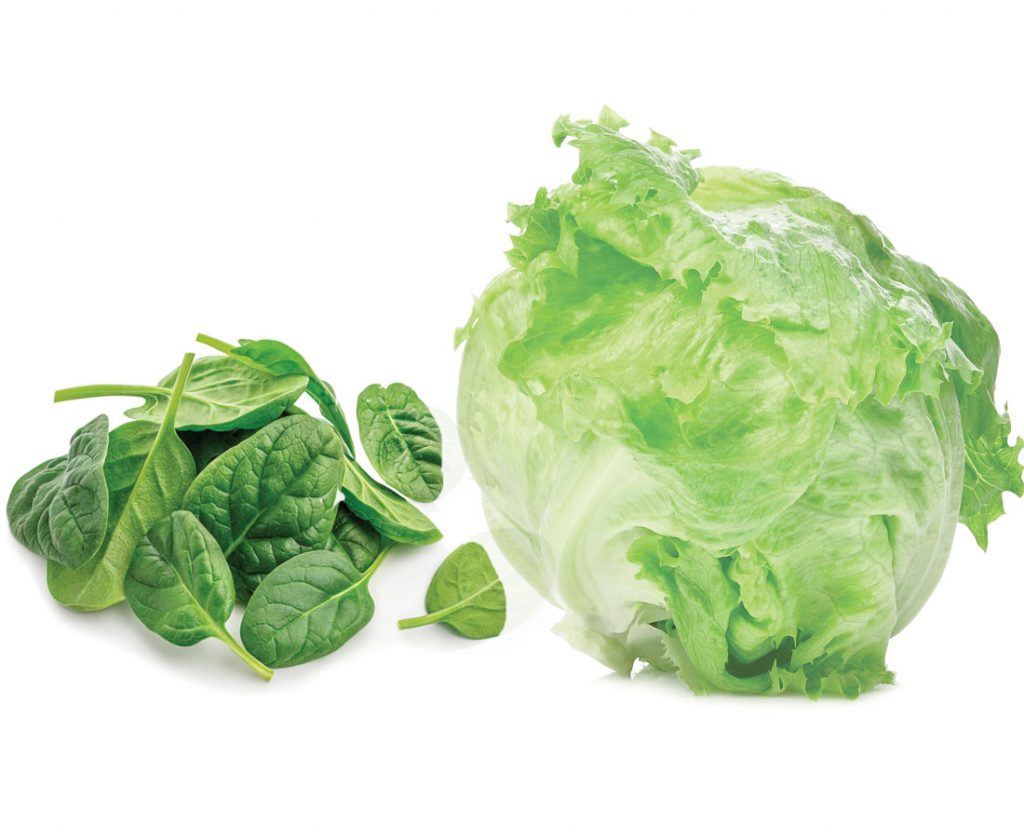
- Carrots: Carrots and spinach have different root systems, so they do not compete for water and nutrients. Carrots also help to improve the drainage of the soil.

- Radishes: Radishes are a fast-growing crop that can be planted between rows of spinach. They help to suppress weeds and improve the drainage of the soil.

- Herbs: Herbs, such as chives, dill, and parsley, can help to deter pests and attract beneficial insects. They can also add flavor to salads and cooked dishes.

Main Content
In addition to the companion plants listed above, there are many other plants that can be grown with spinach. Some other good options include:
- Onions: Onions have a strong scent that can help to repel pests. They can also help to improve the flavor of spinach.

- Garlic: Garlic is another plant with a strong scent that can repel pests. It can also help to improve the health of the soil.

- Marigolds: Marigolds are not edible, but they are a great companion plant for spinach. They have a strong scent that can repel pests, such as aphids and whiteflies.

- Calendula: Calendula is another non-edible flower that can be grown with spinach. It has a strong scent that can repel pests, such as aphids and beetles.

- Nasturtiums: Nasturtiums are edible flowers that can be grown with spinach. They have a strong scent that can repel pests, such as aphids and cabbage moths.
- Yarrow: Yarrow is a herb that can help to improve the drainage of the soil. It can also help to repel pests, such as aphids and spider mites.

- Dwarf sunflowers: Dwarf sunflowers are a tall plant that can provide shade for spinach. They can also help to attract pollinators.
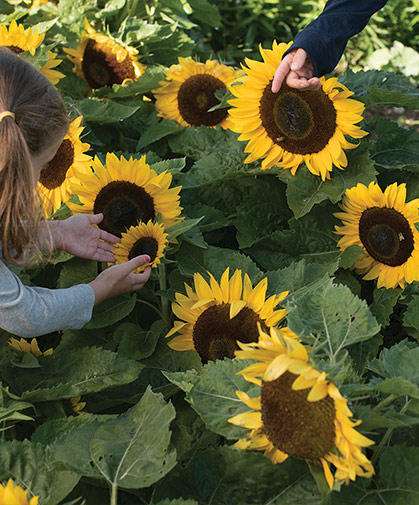
Conclusion
When choosing companion plants for spinach, it is important to consider the needs of both plants. Some factors to consider include the size of the plants, their root systems, and their growing requirements. By planting compatible companion plants together, you can help to improve the growth and yield of your spinach crop.
Spinach is a delicious and nutritious leafy green that can be grown in many different climates. But did you know that there are certain plants that can actually help spinach grow better? These are known as companion plants, and they can offer a variety of benefits, such as:
- Attracting beneficial insects: Some companion plants, such as marigolds and nasturtiums, attract beneficial insects that prey on pests that can damage spinach plants.
- Repelling pests: Other companion plants, such as garlic and onions, have strong scents that can repel pests such as aphids and cabbage moths.
- Providing shade: Spinach can bolt (flower and go to seed) quickly in hot weather. Companion plants that provide shade, such as broccoli and kale, can help to prevent this.
- Improving soil quality: Some companion plants, such as legumes, can fix nitrogen in the soil, which can benefit spinach plants.
If you're interested in learning more about spinach companion plants, I recommend visiting Gardenia Inspiration. This website has a wealth of information on the topic, including a list of the best companion plants for spinach, as well as tips on how to plant and care for them.
FAQ of spinach companion plants
1. What are good companion plants for spinach?
Some of the best companion plants for spinach include:
- Peas: Peas and spinach are both nitrogen-fixing plants, which means they add nitrogen to the soil. This can help to improve the growth and yield of both crops.
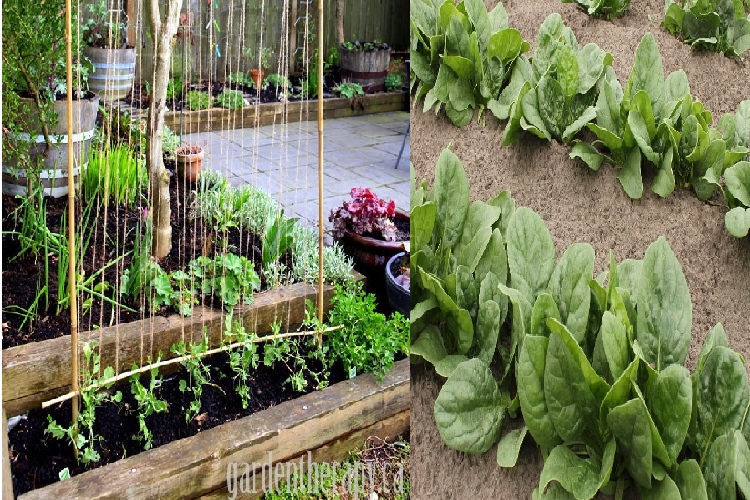
- Brassicas: Brassicas, such as broccoli, kale, cabbage, and cauliflower, are also good companion plants for spinach. They don't compete for the same nutrients in the soil, thanks to the different depths of their root systems.

- Strawberries: Strawberries can help to deter pests from spinach plants. They also attract beneficial insects, such as ladybugs, which can help to control pests.
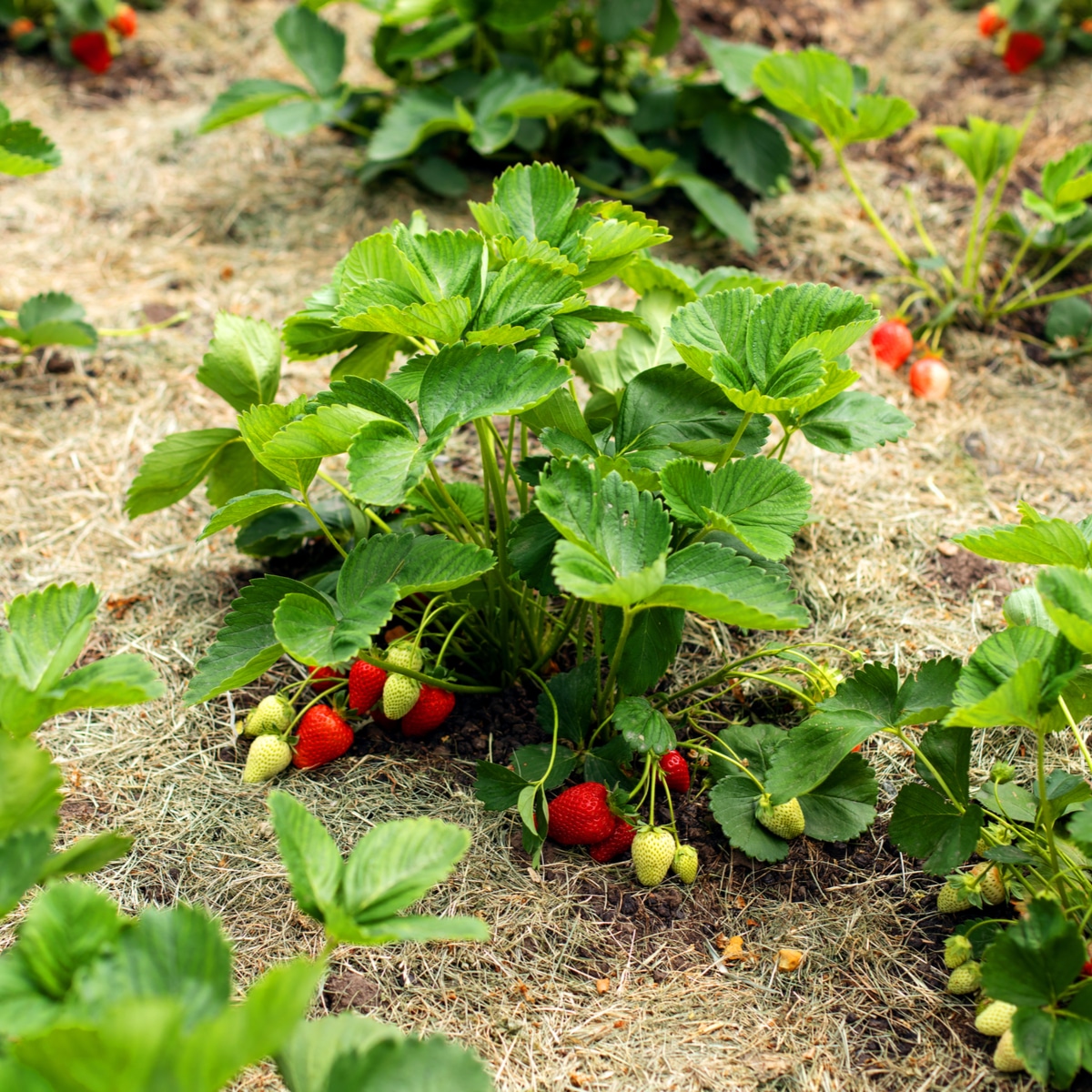
- Onions: Onions can help to repel aphids, which are a common pest of spinach plants.
- Carrots: Carrots can help to repel nematodes, which are a type of soil-dwelling worm that can damage spinach roots.
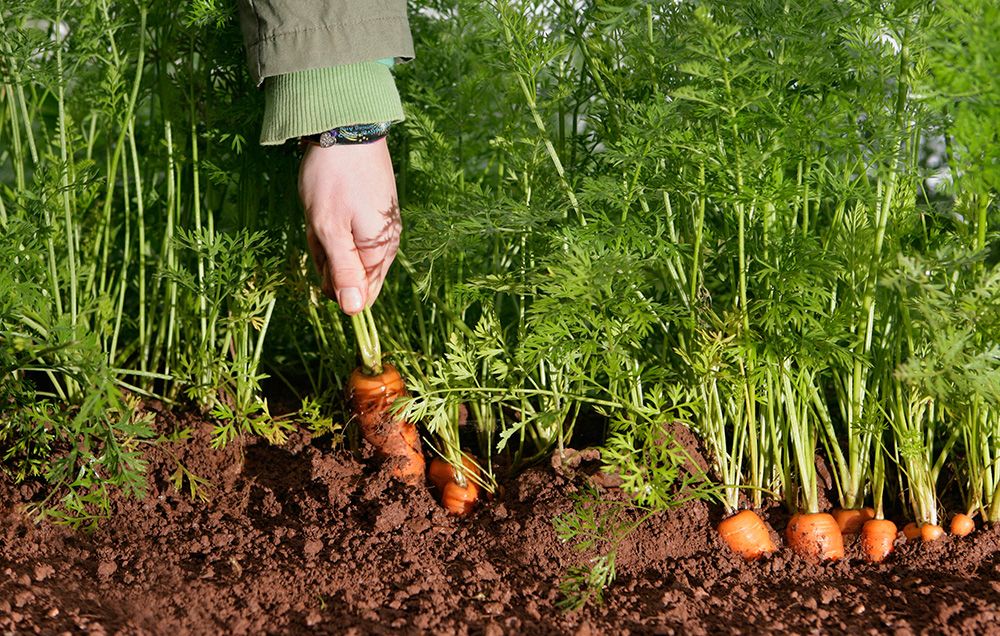
2. What are bad companion plants for spinach?
Some of the bad companion plants for spinach include:
- Fennel: Fennel produces a chemical that can stunt the growth of spinach plants.
- Potatoes: Potatoes and spinach are both susceptible to the same diseases, so planting them together can increase the risk of infection.

- Herbs: Some herbs, such as mint and basil, can be aggressive growers and may compete with spinach for water and nutrients.
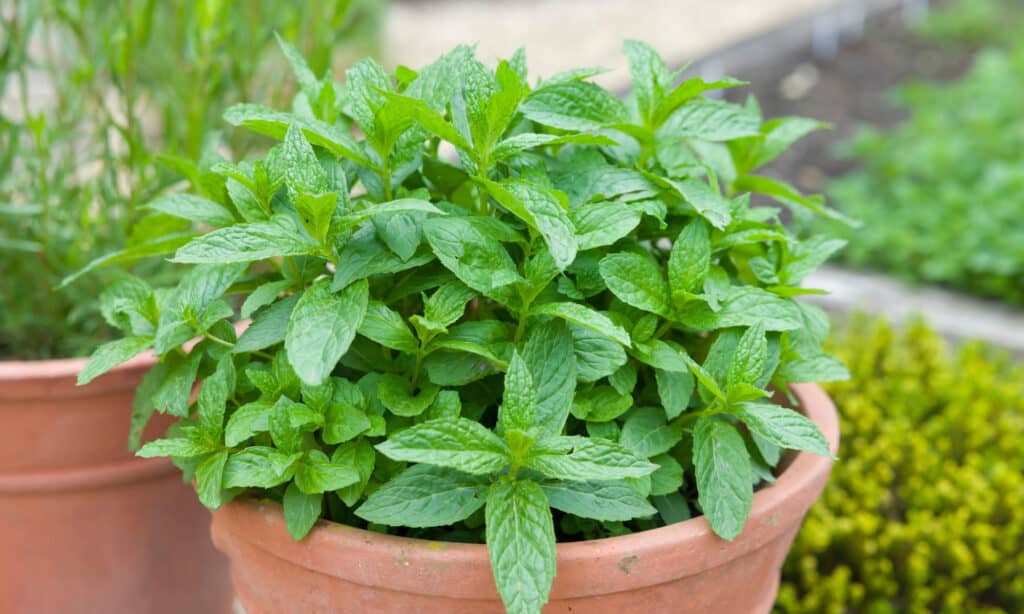
3. How do companion plants benefit spinach?
Companion plants can benefit spinach in a number of ways, including:
- Attracting beneficial insects: Some companion plants, such as strawberries and onions, attract beneficial insects that can help to control pests.
- Reducing the risk of disease: Companion plants can help to reduce the risk of disease by deterring pests and by providing a physical barrier between spinach plants and diseases.
- Improving soil quality: Some companion plants, such as peas and brassicas, are nitrogen-fixing plants, which means they add nitrogen to the soil. This can help to improve the growth and yield of spinach plants.
- Extending the growing season: Some companion plants, such as peas and strawberries, can help to extend the growing season for spinach by providing shade and protection from the cold.
4. How far apart should spinach companion plants be planted?
The spacing requirements for companion plants will vary depending on the specific plants involved. However, in general, companion plants should be spaced at least 12 inches apart to allow for adequate airflow and prevent the spread of diseases.
5. What are some other tips for planting spinach with companion plants?
Here are a few other tips for planting spinach with companion plants:
- Plant spinach in full sun or partial shade.
- Water spinach regularly, especially during hot weather.
- Fertilize spinach every 2-3 weeks with a balanced fertilizer.
- Inspect spinach plants regularly for pests and diseases.
- Harvest spinach leaves when they are young and tender.
Image of spinach companion plants
- Carrots. Carrots help to repel pests that are common to spinach, such as aphids and spider mites.

- Cucumbers. Cucumbers help to shade the soil around spinach plants, which helps to keep them cool and prevent them from bolting.
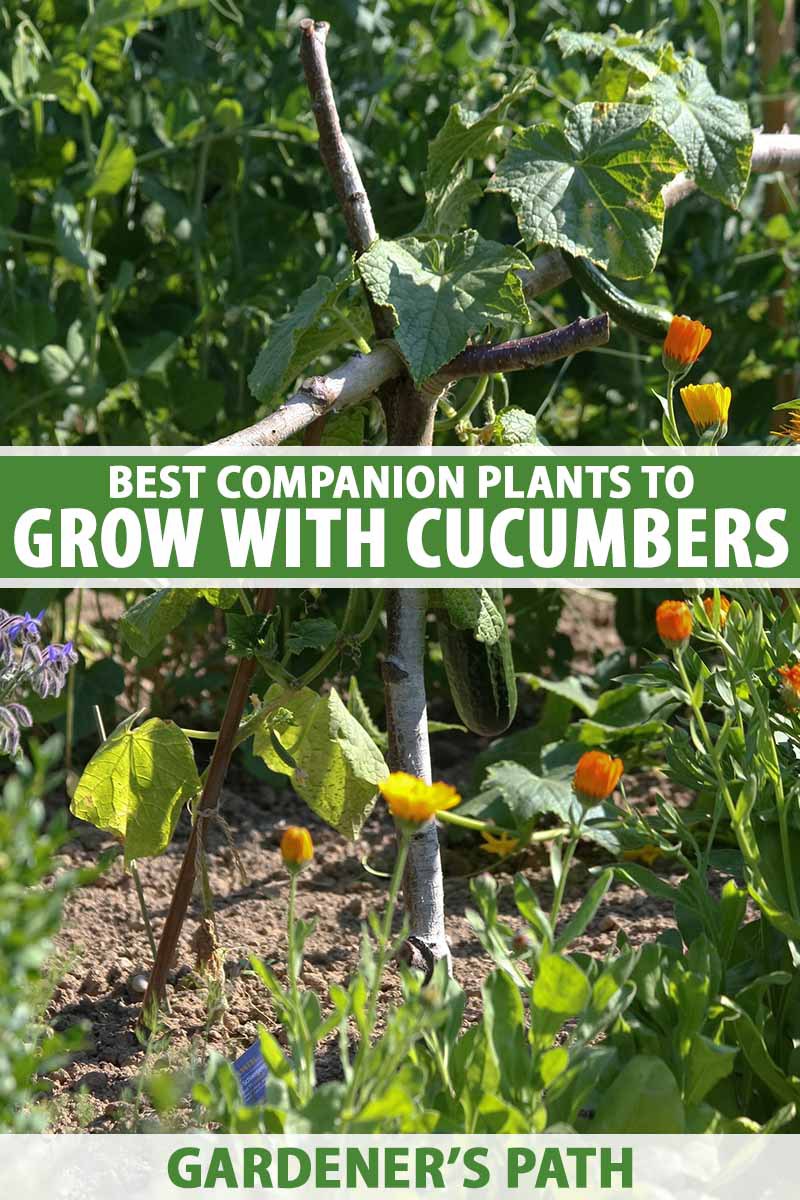
- Lettuce. Lettuce and spinach are both cool-season crops that have similar growing requirements. They can be planted together in the same bed or container.

- Peas. Peas help to improve the nitrogen content of the soil, which benefits spinach plants.
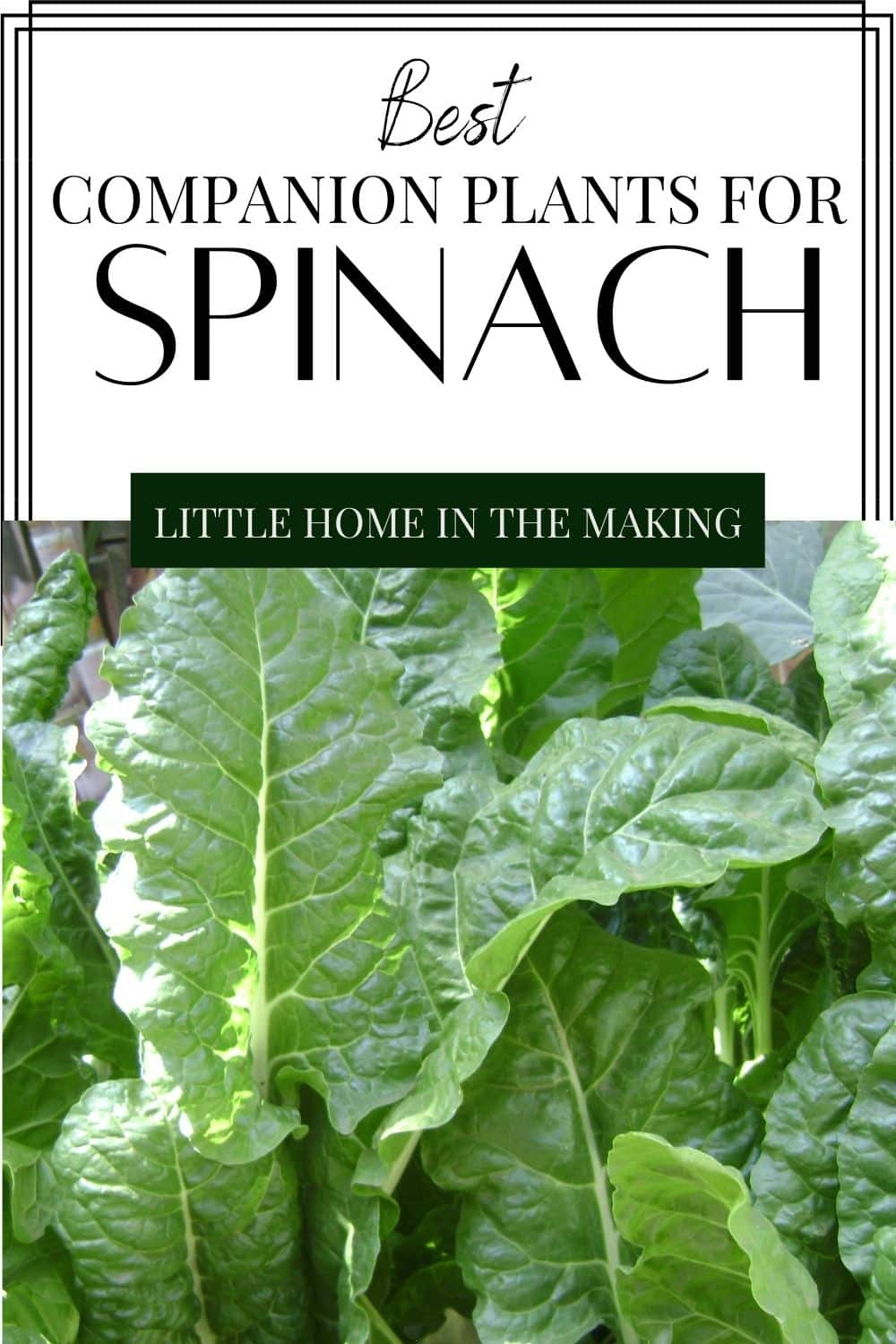
- Squash. Squash helps to attract beneficial insects that prey on pests that are common to spinach, such as aphids and spider mites.
Post a Comment for " Best Companion Plants For Spinach"